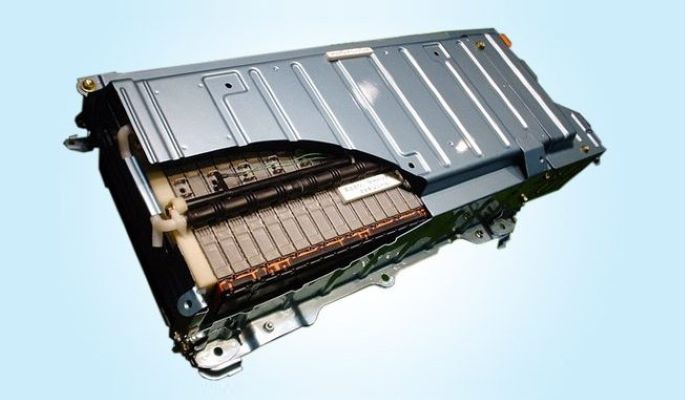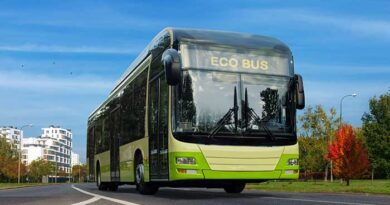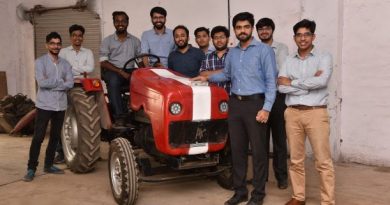Tata Chemicals Initiates Li-ion Battery Recycling Operations

One of the largest chemical companies in the India, Tata Chemicals a subsidiary of the Tata Group Conglomerate, which works in the chemicals, crop nutrition and consumer products field has announced the launch of its Li-ion battery recycling plant. The plant will work with the objective of commercial recovery of cathode active materials from spent lithium-ion cells/batteries.
“In keeping with our entry into the energy sciences opportunities in the country, Tata Chemicals marks an important milestone by successfully commencing the commercial recovery of cathode active materials from spent lithium-ion cells/batteries. This further strengthens our commitment to long-term sustainable practices as we build a circular economy around our energy sciences business,” the firm issued in a statement.
The Li-ion battery recycling recovers valuable metals like Lithium, Cobalt, Nickel and Manganese at 99 percent plus purity with-in Industry-leading levels of yield. As a result, the firm is hoping it will reduce environmental pollution, save energy and natural resources by extracting fewer raw materials from the earth.
In a recent report, it was revealed that Lithium-ion battery manufacturing consists of the cell to battery-pack manufacturing involving a value-add of 30 to 40 percent, cell manufacturing with a value add of 25 to 30 percent and battery-chemicals with a value of 35 to 40 percent of the total cost of the battery pack. And that at the moment, cell to pack manufacturing plants has just started functioning in India.
The recycling operations are being carried out at a 3P facility located near Mumbai. The operations, launched at pilot scale, has successfully recycled the spent Li-ion batteries and the company plans to scale it to recycle 500 tons of spent Li-ion batteries annually.
“We will continue to pursue our quest for developing cutting edge, Science-led Chemistry as we build our Specialty Chemistry portfolio,” the company stated.
In August, we reported that the government is working on a direct subsidy plan of about Rs 700 crores which will aim to attract Indian as well as foreign firms to play a part in domestic manufacturing of batteries.
It was reported that benefits such as a 10-year subsidy (applicable on evolving technology as well) and zero import duty (Lithium, Iron, Cobalt-based EV Batteries) are also on the table. Additionally, reports suggest that the subsidy reportedly could be proportional to the capacity committed and level of indigenization it brings, in support of the ‘Make in India’ initiative.
Under the FAME 2 scheme, incentives worth Rs 10,000 are being offered per kilowatt of lithium-ion battery installed, with the government has sanctioned Rs 10,000 crore for a period of three years for the purpose.
Published with permission from Saur Energy




